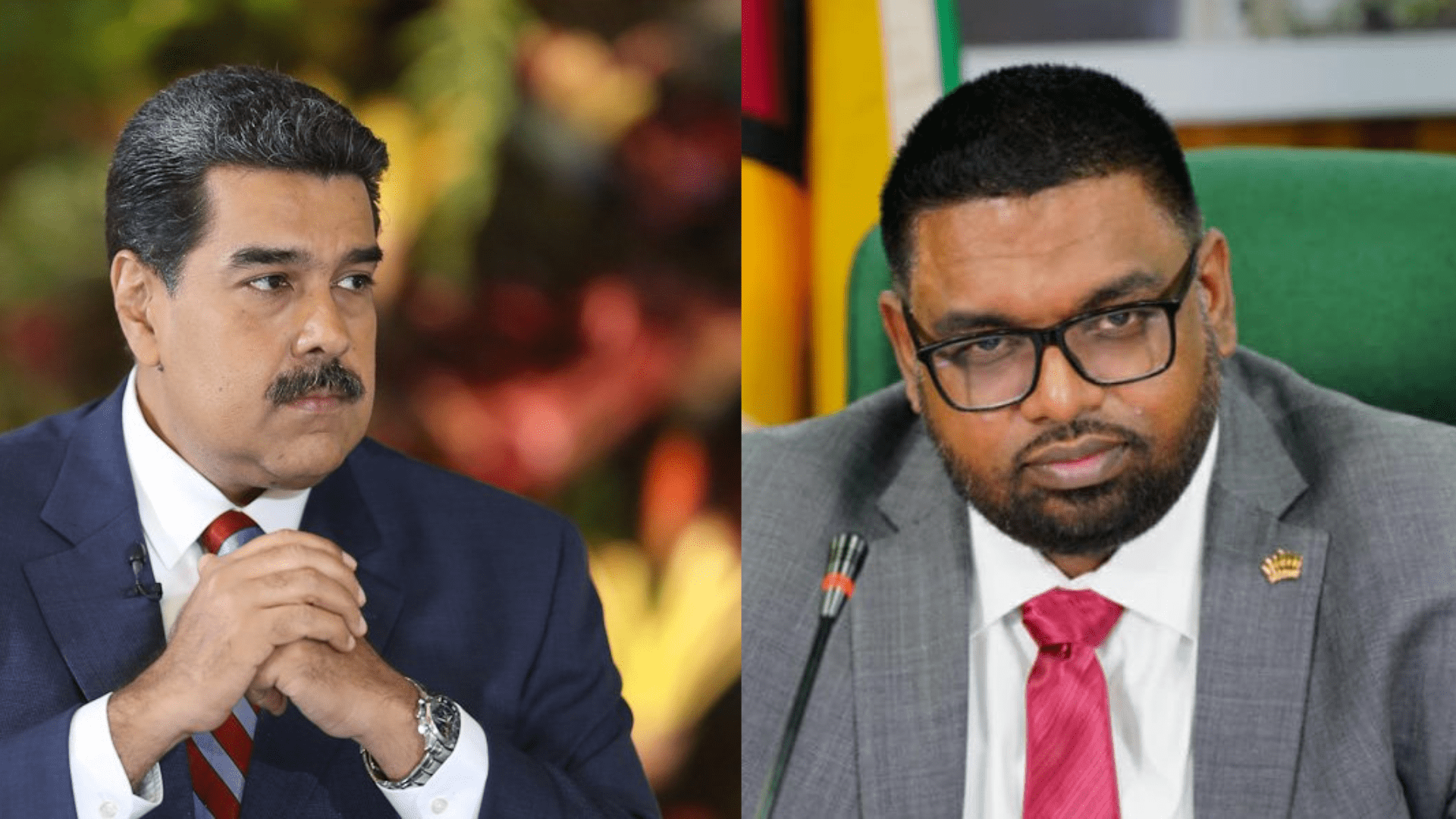Guyana is preparing for all possibilities surrounding the December 3 referendum by Venezuela, its President, Irfaan Ali assured.
While Ali believes that Venezuela “would not act in a reckless way”, disregarding the orders of the International Court of Justice (ICJ), he remains confident that Guyana has the firm support of its “strategic partners”. He made this clear during a press briefing on November 18.
Deakin sees Venezuela’s referendum as ploy to rile up population | OilNOW
“..If they do act in a reckless way, we have already, as I said before, engaged our strategic partners,” he said. “We are assured that Guyana’s territorial integrity and sovereignty will not see our development partners, standing aside and allowing anyone to take advantage of us.”
On October 23, 2023, Venezuela’s National Electoral Council announced its intention to hold a ‘Consultative Referendum’ on December 3, 2023. This referendum includes five questions aimed at garnering public support for Venezuela to withdraw from the current proceedings before the World Court and instead adopt unilateral measures to “resolve” the border controversy. Of these, the most contentious question concerns the apparent intent of the Venezuelan government, to annex Guyana’s Essequibo region, which it claims. Guyana filed an official request with the ICJ on October 30 for provisional measures to block Venezuela from proceeding with the referendum. A ruling on this is expected soon.
In Venezuela’s presentations to the World Court, it maintained that the referendum would proceed.
Venezuela’s referendum has no validity; language suggests use of “force or war” – CARICOM | OilNOW
Venezuela has repeatedly said it does not recognize the World Court as the authority to resolve the controversy, despite its participation in the proceedings.
Its recent wave of aggression kicked off after news of Guyana’s oil block auction hit the media. Threats from the highest level of the Venezuelan government were leveled at Guyana and even the oil companies participating in the auction. Venezuela troops have also been posted at the shared border.
Guyana maintains its diplomatic stance and has repeatedly called for a peaceful resolution to the controversy. Venezuela’s President, Nicolas Maduro however, maintains his country’s aggressive posture. His Defence Minister and Vice President also follow suit.
But Ali remains open to talks with Maduro. But this will not be on the controversy, only shared issues, he said.
“As a good neighbor, understanding that we live in the same regions and share the same space, understanding that there are important issues that must be addressed together, I have always said that I am prepared to meet on this matter and address those issues as all good neighbors do,” he explained.
In response to Venezuela’s actions, Guyana’s National Assembly has cast a unanimous vote, reaffirming support for the government’s stance on the longstanding territorial controversy with Venezuela. This rare consensus in Guyana’s political arena is a striking display of solidarity among political parties that are almost always at odds. The motion, championed by Hugh Todd, Minister of Foreign Affairs and International Cooperation, fortified Guyana’s support for the 1899 Arbitral Award, which historically delineated the boundary between Guyana and Venezuela.



